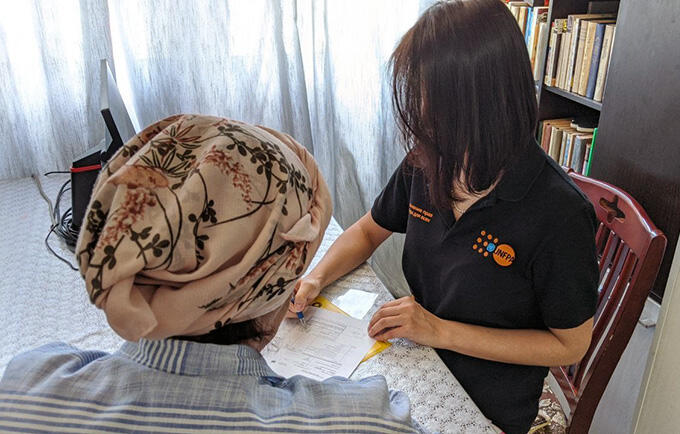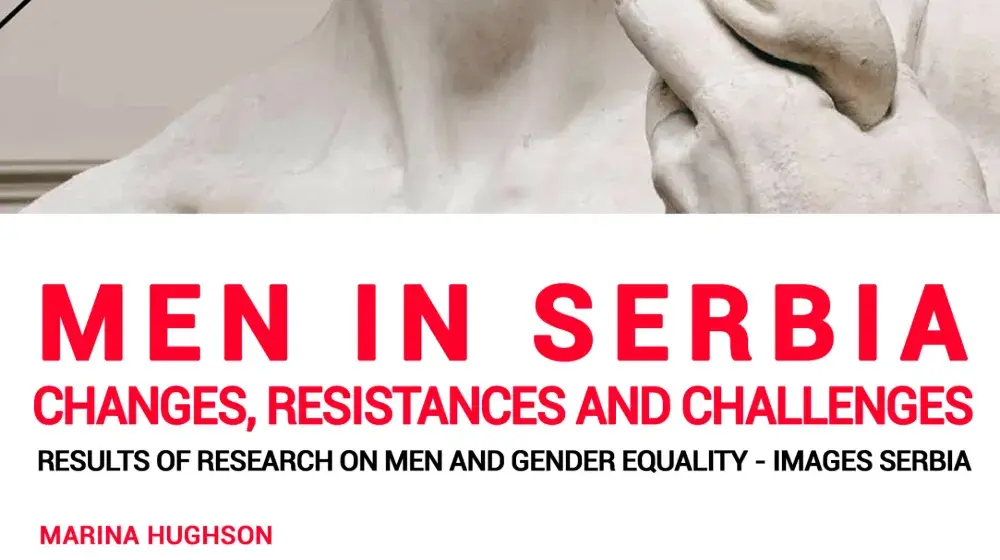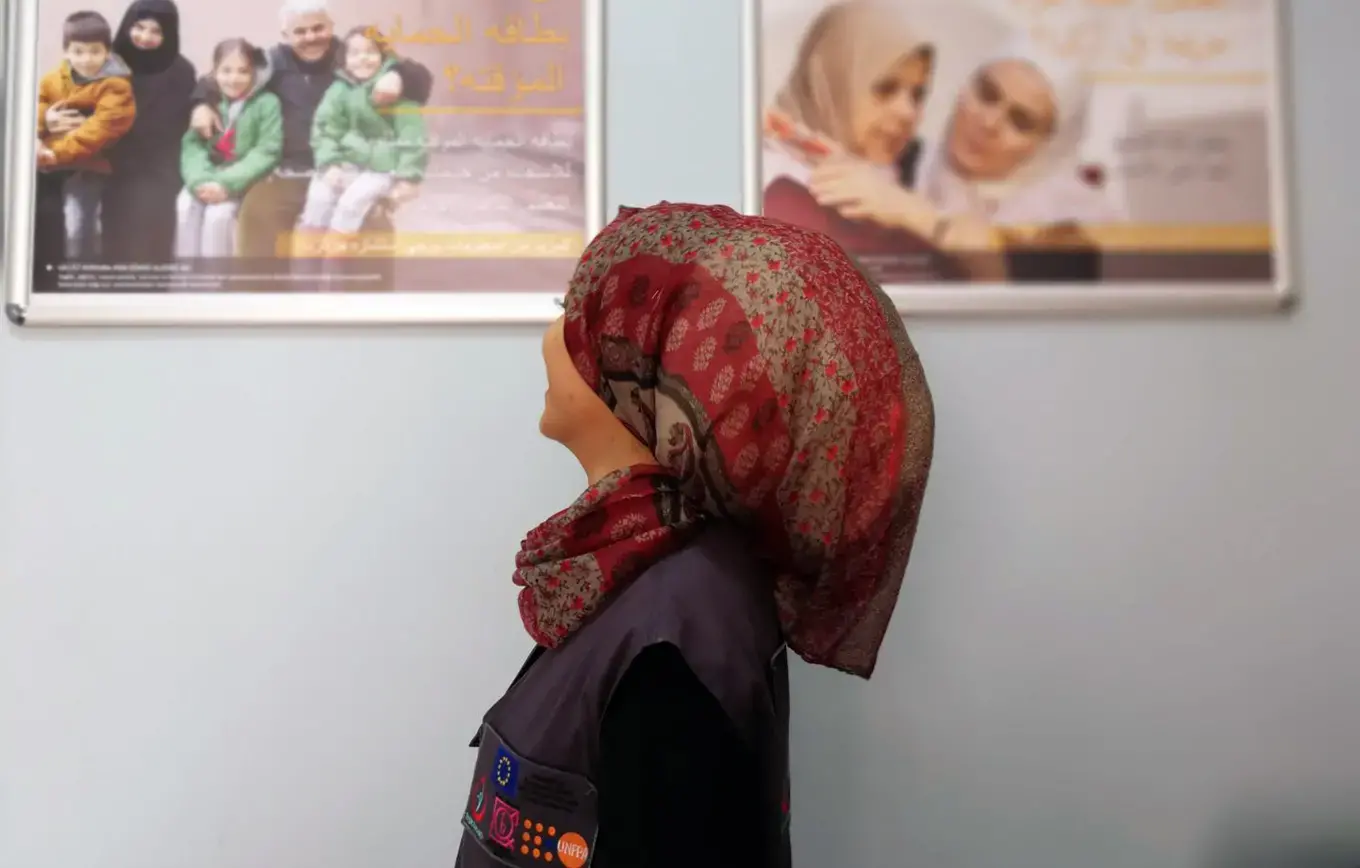KARAKOL, Kyrgyz Republic – When Ainura*, 30, arrived at the medical centre in Karakol she was so badly bruised that the doctor asked how she could endure the pain. It wasn’t the first time that her husband had beaten her and kicked her out of the house. But, like many abusers, he had grown increasingly violent under lockdown.
Before the COVID-19 crisis, more than one in four Kyrgyz women experienced physical and/or sexual intimate partner violence in her lifetime. Under Kyrgyzstan’s current state of emergency, which includes a strict curfew from 9:00 p.m. to 6:00 a.m. in some regions, many women now find themselves trapped at home with their abuser. In the capital of Bishkek, the rate of violence against women and girls has increased by more than 60 per cent compared to the same period the previous year.
“Inequality between men and women in Kyrgyzstan has increased during the Coronavirus pandemic,” says UNFPA representative Nazira Satyvaldyeva. “We are continuously searching for new ways to help women subjected to violence and to ensure that they are not abandoned during the pandemic.”
“Inequality between men and women in Kyrgyzstan has increased during the Coronavirus pandemic” – Nazira Satyvaldyeva, UNFPA representative
Crisis centres: a lifeline
After the attack, Ainura and her eldest son were able to seek refuge at a Spotlight Initiative-supported crisis centre near their home in the centre of Karakol. Here, they could access accommodation, food, psychosocial support and legal assistance. The staff were also able to reunite Ainura with her youngest son, whom Ainura’s husband had taken to his parents’ house. When Ainura had tried to leave her husband before – even filing for divorce – she’d been blackmailed into returning by threats to prevent her from seeing her youngest son.
“I am not afraid of physical pain, but I am afraid of being separated from my children,” Ainura explains.
Nowhere to turn
Ainura and her children had a safe place to go, but many Kyrgyz women simply don’t have this option.
The Kyrgyz Republic has approximately 14 crisis centres and two shelters to cater to a population of more than six million people, according to an OHCHR report – nowhere near enough to meet demand. To make matters worse, the few resources that are available have been ordered to close their doors to newcomers to stop the spread of COVID-19.
“I feel safe for the first time in a long time” – Ainura*, 30
Spotlight Initiative has allocated $200,000 to address the immediate needs of women experiencing violence in the Kyrgyz Republic during the pandemic, and is working with partners and crisis centres to provide alternative safe spaces during quarantine. It is also in discussions with the government to reopen crisis centres as essential services and is providing psychosocial support throughout the pandemic via online channels and emergency hotlines.
The Inititative will invest more than $7,800,000 in programmes to end violence against women and girls in the Kyrgyz Republic.
Finally safe
Ainura still faces many challenges. Her husband often comes to the crisis centre to threaten her and the staff, and she has few options for earning an income, as her husband forbid her from working for many years. Still, she remains hopeful. With assistance from the centre, Ainura is determined to finalize her divorce and to give her children a future free from violence.
“I feel safe for the first time in a long time,” she says.
Reporting by Aiperi Alymbekova and Nazira Satyvaldyeva. This story was first published by Spotlight Initiative.
* Name has been changed. The name of the crisis centre has been withheld to protect clients and staff.




